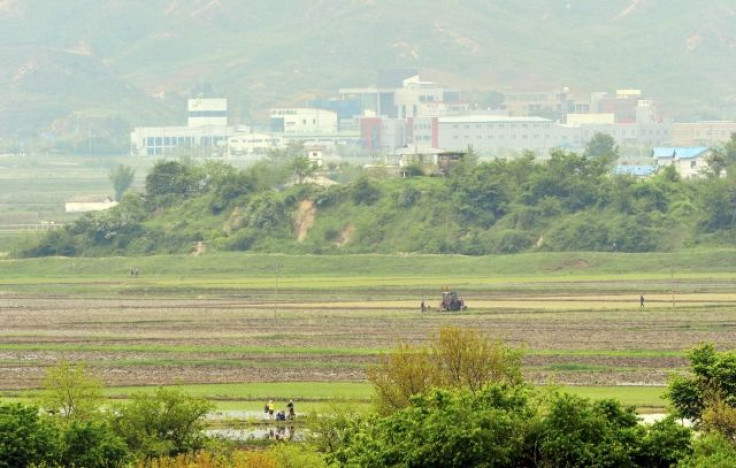Activists Decry Repatriation Of Nine North Korean Defectors By Laos, China

Human rights groups on Thursday demanded that North Korea guarantee the safety of nine defectors who were captured in Laos and repatriated via China.
Seven men and two women were flown from China to North Korea after being captured in Laos, South Korean media reported Wednesday.
The refugees, ranging in age from 15 to 23, entered Laos through China on May 9 and were caught by Laotian authorities on May 16, the AP reported. China repatriated them to North Korea after Laos sent them to China on Monday, ignoring South Korea's appeals to Beijing against the repatriation.
China, Pyongyang’s long-standing ally, usually deports North Korean refugees as it generally views them as economic migrants rather than asylum seekers.
The U.S. expressed concern over the repatriation and called on “all countries in the region to cooperate in the protection of North Korean refugees within their territories.”
In Seoul, people staged a rally urging China to stop repatriating North Koreans and calling on the South Korean government to boost efforts to stop repatriations by other countries.
Citizens who are caught leaving North Korea without permission could face a prison sentence, torture and even the death penalty in cases that are deemed particularly serious.
Human Rights Watch asked Pyongyang to reveal the whereabouts of the refugees, saying “under international law individuals have the right not to be forcibly returned to a place where they face persecution.”
The rights group said that by returning the refugees, China once again violated its commitments to several international conventions against human rights abuse. It added that Laos was also “culpable in the serious harm that these North Koreans will likely face in North Korea.”
An estimated 25,000 North Koreans have fled the country since the Korean War that ended in the 1950s, according to AP. The majority of them live secretly in China, Laos, Thailand and Vietnam before making it to South Korea.
The flow of North Korean refugees to the South peaked in 2009, when South Korea saw some 3,000 arrivals, according to AP. However, the influx has slowed since, with some 1,500 arrivals registered last year.
© Copyright IBTimes 2024. All rights reserved.












